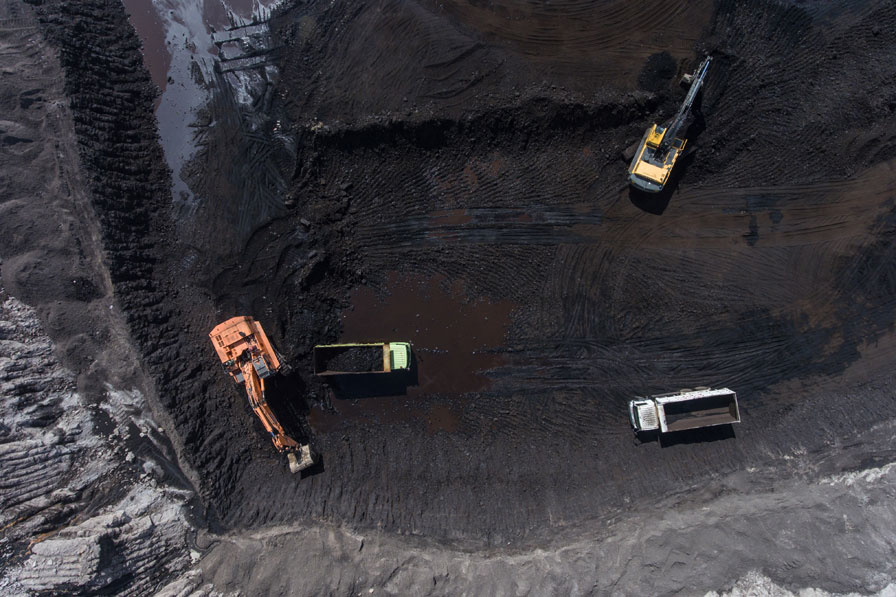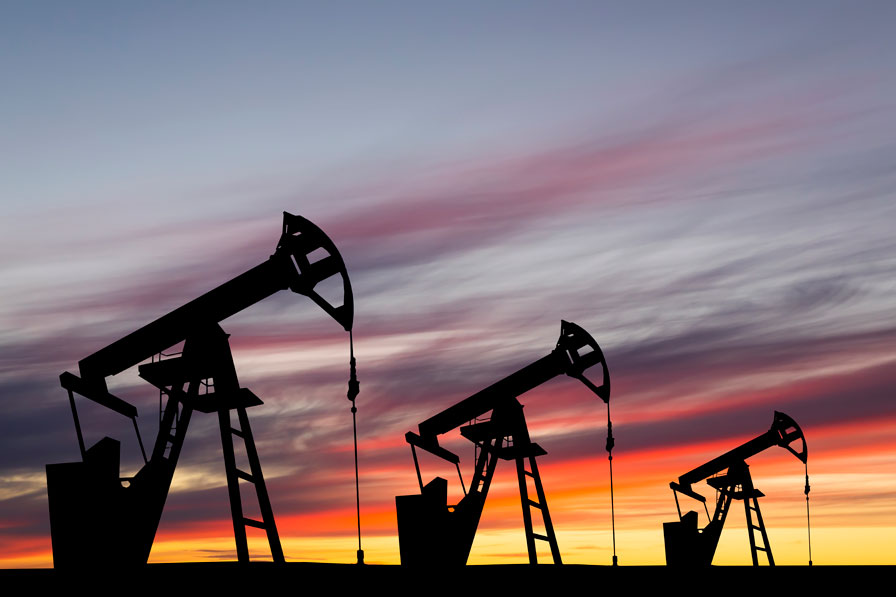We are supporting efforts to achieve the COP21 climate goals

France has long been active in the fight against climate change. The commitments to reduce greenhouse gas emissions, made at the COP21, are particularly important to us. Thanks to renewable gases, a secure energy that contributes to protecting our planet, we are clearly prioritising efforts to achieve these goals.
COP21 : France is taking action to protect the climate
To limit global warming, and its impact on the planet, the COP21 has established that temperature increases should not exceed 2°C by 2100. To achieve this goal, France adopted the law on energy transition for green growth (LTECV) in 2015. Among its main objectives, it has set a target to reduce greenhouse gas emissions by 40% by 2030 and by 75% by 2050 (compared to 1990 levels). To do this, it has committed to changing the energy mix which involves increasing renewable energies’ share of total energy consumption to 32% by 2030 and reducing total energy consumption by 50% by 20501.
To limit global warming, and its impact on the planet, the COP21 has established that temperature increases should not exceed 2°C by 2100. To achieve this goal, France adopted the law on energy transition for green growth (LTECV) in 2015. Among its main objectives, it has set a target to reduce greenhouse gas emissions by 40% by 2030 and by 75% by 2050 (compared to 1990 levels). To do this, it has committed to changing the energy mix which involves increasing renewable energies’ share of total energy consumption to 32% by 2030 and reducing total energy consumption by 50% by 20501.
Carbon neutrality by 2050
Introduced by the LTECV, the National Low Carbon Strategy (SNBC) is France’s roadmap to achieving carbon neutrality by 2050. It defines a trajectory for reducing greenhouse gas emissions in all business sectors, it targets the following reductions:
- A 29% reduction in emissions in the transport sector,
- A 12% reduction in emissions in the agricultural sector,
- A 24% reduction in emissions in the industrial sector,
- A 33% reduction in emissions in the waste management sector2.
Renewable gases can play a major role in this national trajectory, which involves all stakeholders in our society.
The finger is often pointed at industry
The industrial sector employs nearly 3 million people in France. It alone accounts for 12.4% of Gross Domestic Product (GDP), 10% of which is attributed to the manufacturing industry. However, alongside generating a turnover of close €870 billion excluding taxes, it is necessary to look at the 18% carbon emissions that the manufacturing industry generates, one third of which is linked to burning fuels3. The most carbon-intensive industries are steel, cement, sugar, aluminium, glass, paper, and cardboard.
Decarbonising a country’s energy balance requires gradually reducing its consumption of fossil fuels (coal, oil, and natural gas), the main culprits for greenhouse gases.
Renewable gas: Industry has a role to play
As a 100% renewable energy that benefits the circular economy, renewable gas offers a real alternative to industry. It enables industries to significantly reduce their greenhouse gas emissions and improve air quality. In addition, thanks to technologies such as pyrogasification or hydrothermal gasification, industries can also recover their waste by transforming it into renewable and low-carbon energy.
These aren’t the only benefits; renewable gases offer the same qualities as natural gas. It is a reliable, storable energy, suitable for process manufacturing.
Whether in terms of how they are produced or how they are used, renewable gases will play a major role in creating a carbon-neutral energy system by 2050.
What is the COP21?
A COP is an annual international climate conference that brings together the signatory countries of the United Nations Framework Convention on Climate Change (UNFCCC). During the conference organised by France in 2015 (COP21), an agreement to combat global warming was ratified by almost all of the countries of the world in order to reduce their greenhouse gas emissions.
1 Government – Cop21 special
2 Government – Cop21 special
3 ADEME and INSEE

